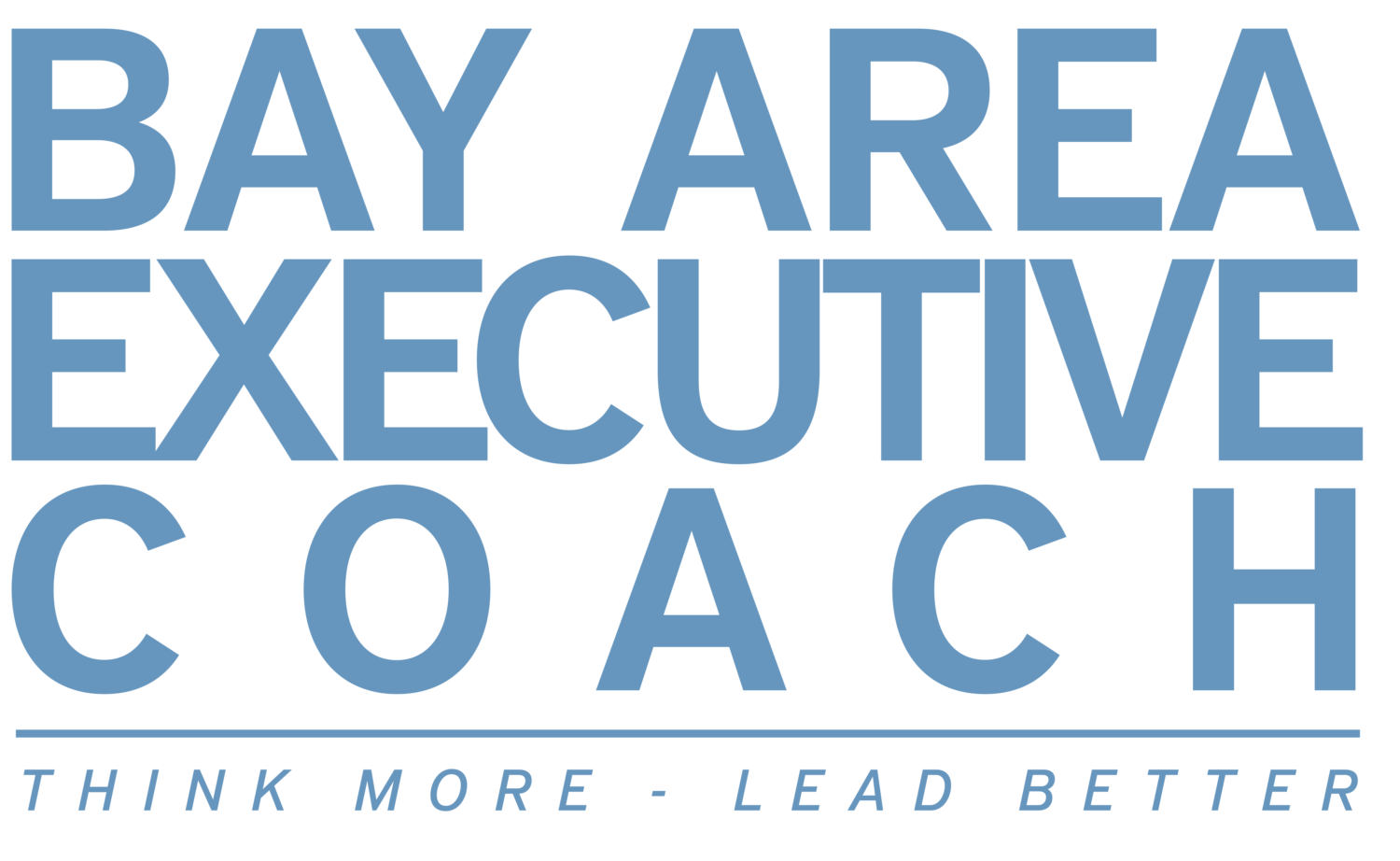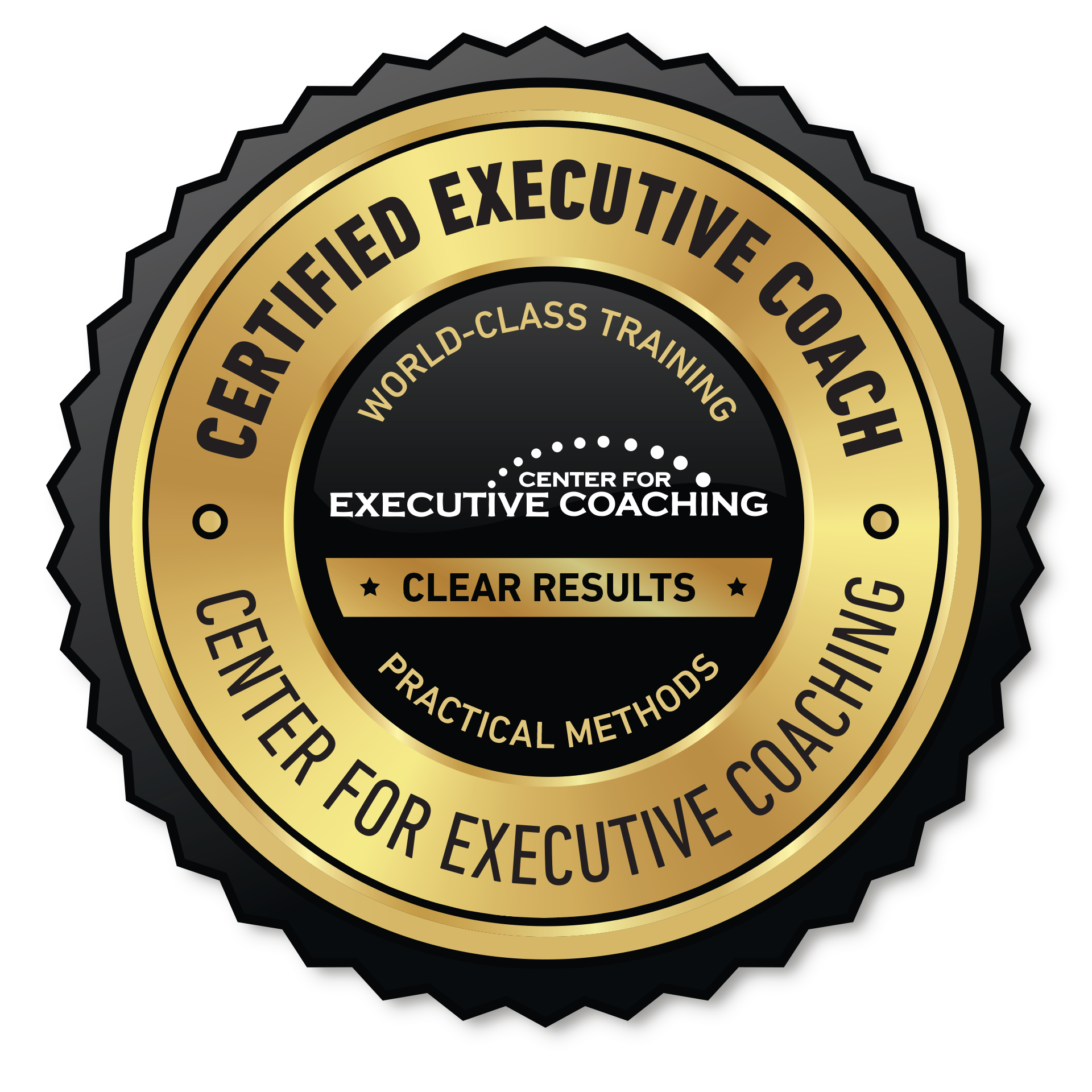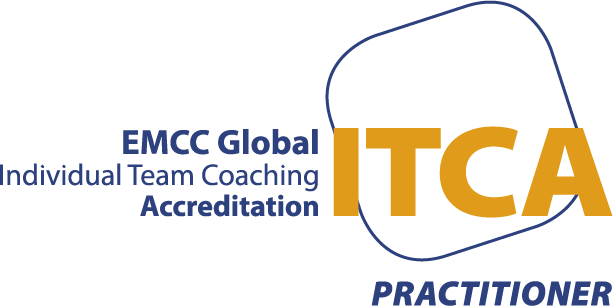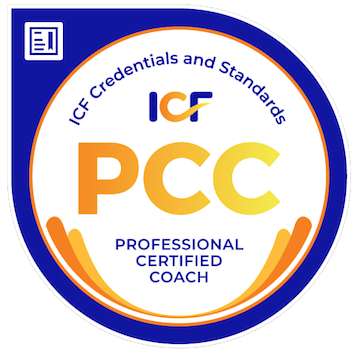While climbing the ladder to reach an executive leadership role is seldom, if ever, easy, the real challenges begin the moment you take charge. Assuming a leadership role without a firm knowledge and command of essential leadership skills could be perilous. To help you avoid a less than auspicious start in your new role, here are ten core responsibilities and skills to acquire and apply to succeed as a strong and effective leader.
- Goal Setting
Strong leaders know how to develop ambitious goals for the greater organization. Goals define not only what to do next, but how to measure your team’s ability to get it done. Experience has shown that goal setting is a core competency of an effective leader.
- Delegation
Effective leaders excel at delegating tasks and they provide employees with the freedom to do their work without micromanaging. Good leaders understand that maintaining total control of absolutely everything is ultimately counterproductive and wasteful. Delegation empowers and develops staff members and fosters a collaborative work environment, all characteristics of having a strong leader at the helm. Learn ways to delegate masterfully by watching our video on the topic.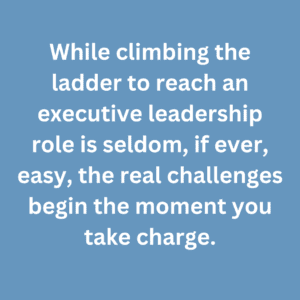
- Decision Making
Good decision making goes hand in hand with good leadership, and the ability to make decisions is widely considered to be a cornerstone of effective leadership. While some decisions are relatively easy, many others are not, and it’s the mark of a good leader to carefully weigh the pros and cons and then act decisively. You may not always make the right decision or the best decision, but it’s important you’re able to fully and accurately evaluate all relevant criteria and take decisive action. Get ideas for how to improve your decision making by checking out our guide.
- Communication
If there’s one key skill underpinning everything you do as a leader, it’s communication. It’s nearly impossible to become an effective leader without being an effective communicator. And that doesn’t mean just being a good speaker. An effective leader speaks with clarity and succinctness but also listens equally well. Leaders who know the value of great communication carefully prepare their messages, deliver them well and seek feedback. They also know when it’s time to sit back and let others do the talking so they can get valuable input and new ideas.
- Priority Management
It’s unfortunately quite common for executives to have too much on their plate. To ensure the right work gets done amid the weekly whirlwind of activity, successful executives set priorities and focus their time on dealing with the most important issues confronting their company. They delegate less strategic tasks to competent people whom they trust and are developing as future leaders. They also block time on their calendar each week to think strategically because they know that deliberately focusing on the medium and long term horizons will produce sharper thinking and more thoughtful plans.
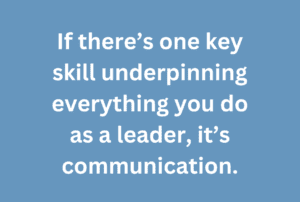
- Problem Solving
Your ability to solve problems will have a significant impact on your success as a leader. While it is important to provide your team with the authority and space to solve their own problems, as a leader you’re ultimately responsible for the actions they take. Most problems can be solved by applying a simple four-step approach: defining the problem, identifying potential solutions, evaluating and selecting from the possible solutions, and implementing your chosen approach. But the real trick is accurately defining the problem. Spend more time thinking about that before moving towards identifying solutions. When you solve for the real problem, your solution will have a deeper impact on the organization. This deeper thinking will also set you apart as a leader.
- Strategic Relationship Building
A great deal of time and energy in your leadership role will be devoted to initiating and growing positive and productive relationships with peers, staff, clients, and other stakeholders. It’s likely that you reached your new level because you’re already good at creating and nurturing relationships. However, as you rise, they take on a new nature in that you must be even more keen as to where to spend your time on relationship building. You could develop relationships that don’t serve you the next time you need to rally support behind a major initiative you want to advance. Get better at managing your time with the right people and also look for ways you can support those who have the greatest influence in the organization.
- Lead Change

Leaders lead change. Your success will be defined by your ability to lead and support change initiatives that are significant and challenging. Many change campaigns fail to reach the desired outcome. To become adept at leading complex and far-reaching change initiatives, you’ll want to study change management frameworks such as ADKAR and Kotter’s 8-step model. By getting familiar with established models and applying them appropriately, you’ll be more likely to reach the desired outcome with your campaigns. A bonus tip is to examine past change initiatives that failed in one way or another to see what you can learn from them. Doing so will also set you apart when it’s your turn to lead.
- Motivating
Motivating and inspiring team members are crucial leadership responsibilities for creating a successful and engaged team. An effective leader-motivator can inspire employees to give discretionary effort, produce better work, and infect others with the same enthusiasm. Motivating leaders cultivate a positive work culture where engagement is raised, retention improves and employees seek to bring others into the organization. Go beyond crafting great presentations designed to motivate and inspire and lead by example. Go first. Be passionate, live the values of the company, enthusiastically meet with people throughout the company and get to know them and hear their ideas. Take feedback and do something with it. These are actions that motivate beyond the well-crafted speech.
- Influencing
Effective leadership involves constantly influencing others in a positive way to achieve shared goals. There are numerous books and articles on influence. Understand the principles of influence such as push and pull methods that either find you being assertive or drawing people in with your clear and compelling vision. Know how to influence people in different ways so that you are able to read the room and act accordingly. One key principle to never forget is that everyone is thinking of themselves as they listen to your ideas. How does your idea benefit them? If it’s clear, they’re more likely to be influenced to accept and support your idea. If it’s not, you have work to do before sharing it.
The application of leadership skills is a prime responsibility for any executive. The core set of skills shared here enable leaders to guide their organization to reach its maximum potential while simultaneously inspiring loyalty and engagement. Their diligent application can also lead to greater success in the leader’s professional life.
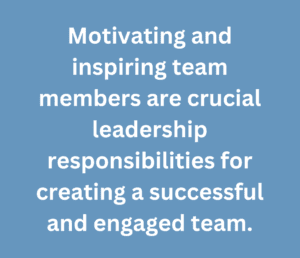 •••
•••
Are you newly promoted to an executive role or seeking to make it happen faster. Our executive coaching services stand ready to help you gain confidence, executive presence and succeed sooner. Use this link to schedule an exploratory and heartfelt conversation with our head coach. We also provide team coaching if that will be of even greater benefit for your organization. You’re also welcome to send us a message via our Contact Form.
Delegation is absolutely crucial to success in management and leadership roles. By the time a person ascends to a leadership position, they should be a masterful delegator, but it’s simply not the case. Why is that? Read our article, “Delegation Part 1: Why Won’t Leaders Delegate?”
To learn more about adjusting to a new leadership roles, download our free guide “Empowering a CEO-Designate to Rise to the Challenge” and our free ebook “Success in your new role”.
Watch our videos on the top 10 characteristics of a leader with executive presence:
Photo copyright: Featured photo is from ©Alena Darmel via Pexels. Secondary photo is from ©RDNE Stock project via Pexels.
